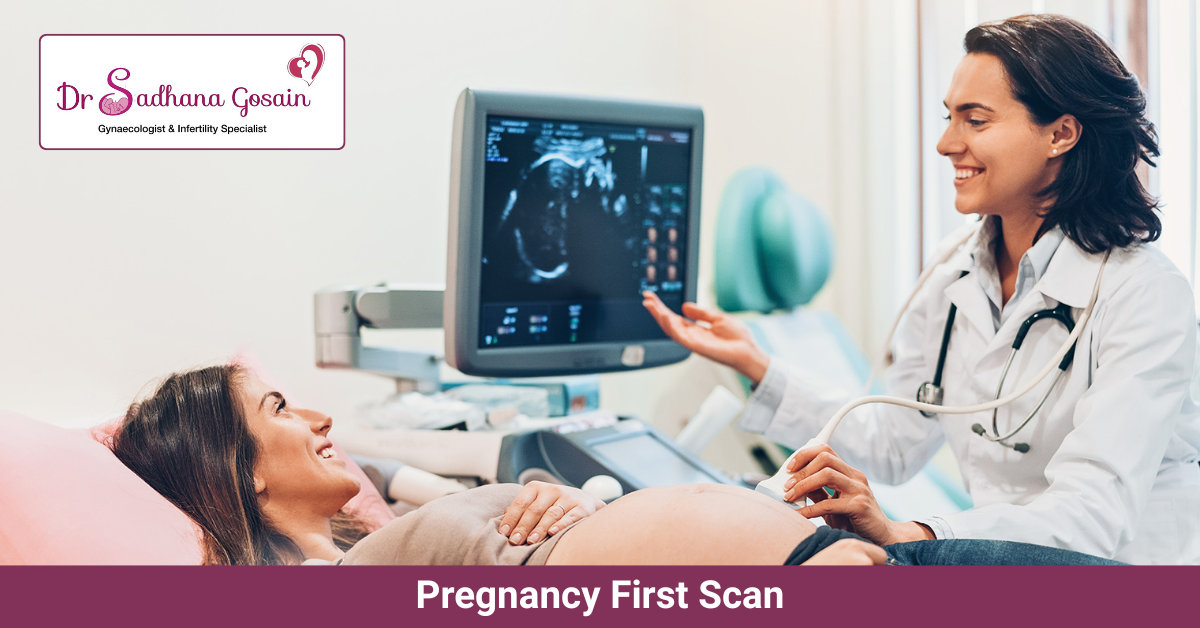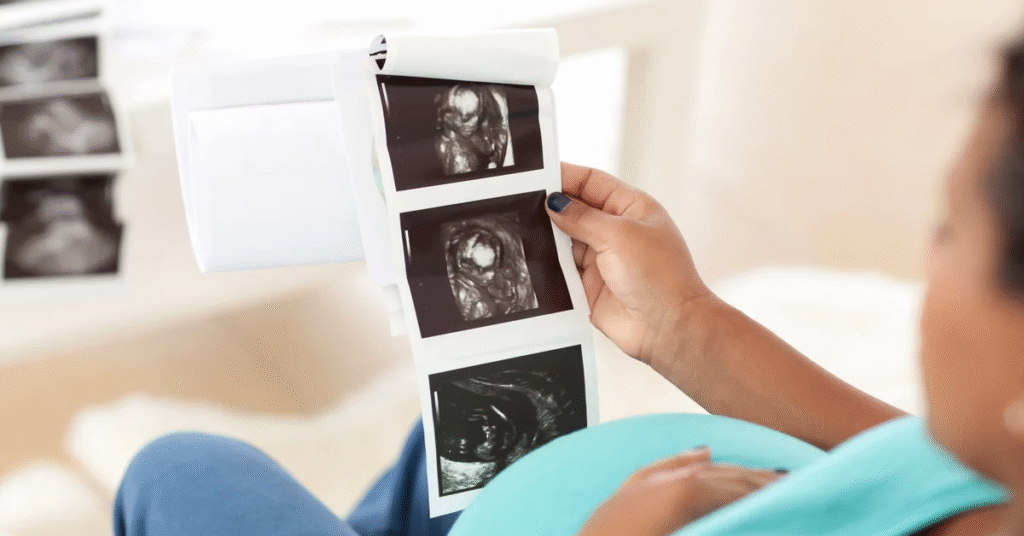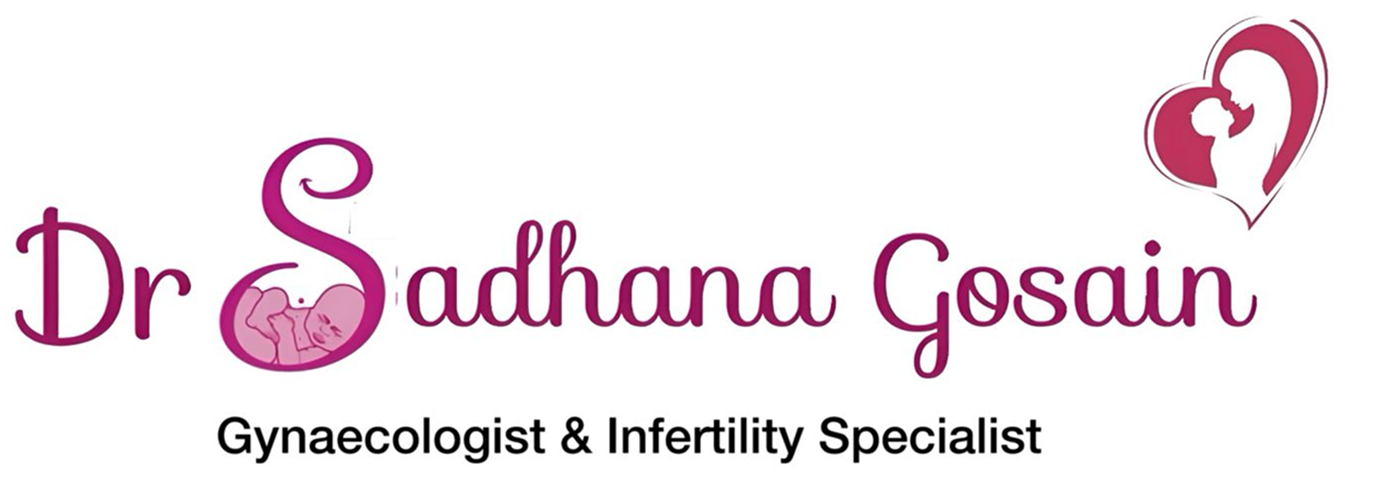
Pregnancy First Scan: Do You Know What the First Ultrasound Reveals?

Pregnancy is one of the most beautiful phases in a woman’s life. The excitement of becoming a mother begins from the very first moment you discover those two pink lines on the pregnancy test. But the real confirmation and the first glimpse of your baby come during the pregnancy first scan. This first ultrasound is a very special moment for parents, as it not only confirms the pregnancy but also provides critical insights about the health and development of the baby.
In this article, we will discuss everything you need to know about the pregnancy first scan—what it is, when it is done, what it reveals, and why it is important.
What is the Pregnancy First Scan?

The pregnancy first scan, also known as the dating scan, is usually the first ultrasound performed during early pregnancy. It is generally done between the 6th to 9th week of pregnancy. This scan helps confirm that the pregnancy is developing normally inside the uterus and provides essential details about the baby’s growth.
For many parents, this is the first time they see their baby’s heartbeat flickering on the screen, which is truly an emotional and unforgettable experience.
When is the Pregnancy First Scan Done?
Doctors recommend the first scan usually after 6 weeks of pregnancy. Doing it before 6 weeks may not give clear results, as the baby is still very tiny. The ideal time is around 7–8 weeks, when the ultrasound can show:
-
The gestational sac (where the baby grows)
-
The yolk sac (providing nutrition in early weeks)
-
The tiny embryo
-
The baby’s heartbeat
If you have risk factors such as bleeding, abdominal pain, or a history of ectopic pregnancy (pregnancy outside the uterus), your gynecologist may advise an earlier scan. (You can read more here: What is Ectopic Pregnancy?)
What Does the Pregnancy First Scan Reveal?
The pregnancy first scan is not just about seeing your baby for the first time—it has several medical purposes. Here are the main things your gynecologist checks:
1. Confirmation of Pregnancy
The scan confirms that the pregnancy is located inside the uterus and not ectopic. This is very important for the safety of the mother.
2. Baby’s Heartbeat
One of the most emotional moments is when the doctor shows you the baby’s heartbeat on the screen. A healthy heartbeat assures that the pregnancy is progressing well.
3. Gestational Age & Due Date
The scan helps in calculating the gestational age of the baby and gives a more accurate due date than just counting from the last menstrual period (LMP).
4. Number of Babies
The first scan reveals if it’s a single pregnancy or a twin pregnancy. In rare cases, triplets or more can also be detected.
5. Placenta Position
The scan also checks the location of the placenta and its early development.
6. Basic Anatomy of the Baby
Although detailed anomaly scans are done later (around 18–20 weeks), the first scan gives a basic idea of whether the baby is developing normally.
View this post on Instagram
Types of Ultrasounds During Pregnancy First Scan
There are mainly two ways the ultrasound can be performed:
-
Transabdominal Scan – The probe is placed on your belly. This is more common after 7 weeks of pregnancy.
-
Transvaginal Scan – The probe is inserted gently into the vagina. This gives clearer images in very early pregnancies (around 5–6 weeks).
Your doctor will decide which method is more suitable for you.
Why is the Pregnancy First Scan Important?
Many women wonder if the first scan is really necessary. The answer is yes—it plays a critical role in ensuring both the mother’s and the baby’s health. Here’s why it’s important:
-
Detects complications like ectopic pregnancy early
-
Confirms if the pregnancy is viable
-
Helps estimate the due date accurately
-
Reassures parents about the baby’s development
-
Helps plan further check-ups and tests
Preparing for Your Pregnancy First Scan
To make your first scan smooth and comfortable, here are some tips:
-
Drink water before the scan, as a full bladder helps get clearer images.
-
Wear loose clothing for convenience.
-
Carry your medical records, if any.
-
Ask your partner to accompany you—it’s an emotional milestone you’ll want to share.
Common Questions About Pregnancy First Scan
1. Is the pregnancy first scan painful?
No, it is not painful. A transvaginal scan may feel slightly uncomfortable, but it is safe for both mother and baby.
2. Can you hear the baby’s heartbeat in the first scan?
Yes, from around 6–7 weeks, the baby’s heartbeat can be seen as a flickering on the screen and sometimes heard as well.
3. What if the heartbeat is not seen in the first scan?
If the pregnancy is too early, the heartbeat may not be visible. The doctor may suggest repeating the scan after 1–2 weeks.
Pregnancy First Scan and High-Risk Conditions
For women with medical conditions like diabetes in pregnancy, the first scan is crucial to check early development and avoid complications. Proper care, diet, and monitoring can help ensure a safe pregnancy. Learn more here: How To Control Diabetes in Pregnancy.
Where to Get Your Pregnancy First Scan in Delhi?
If you are looking for expert guidance and compassionate care, consulting an experienced gynecologist is very important. A trusted doctor will not only perform your first scan but also guide you throughout your pregnancy journey.
You can consult the highly experienced Gynecologist in Karol Bagh, Delhi for personalized pregnancy care, ultrasound scans, and complete women’s health services.
Final Thoughts
The pregnancy first scan is much more than just a medical test—it’s the first time you meet your little one. It brings reassurance, joy, and an emotional bond between parents and the baby. At the same time, it plays a vital role in detecting early complications and ensuring the pregnancy is progressing safely.
If you are pregnant or planning to conceive, make sure you consult a qualified gynecologist for your early pregnancy scans. Remember, early care leads to a healthy pregnancy and a healthy baby.

